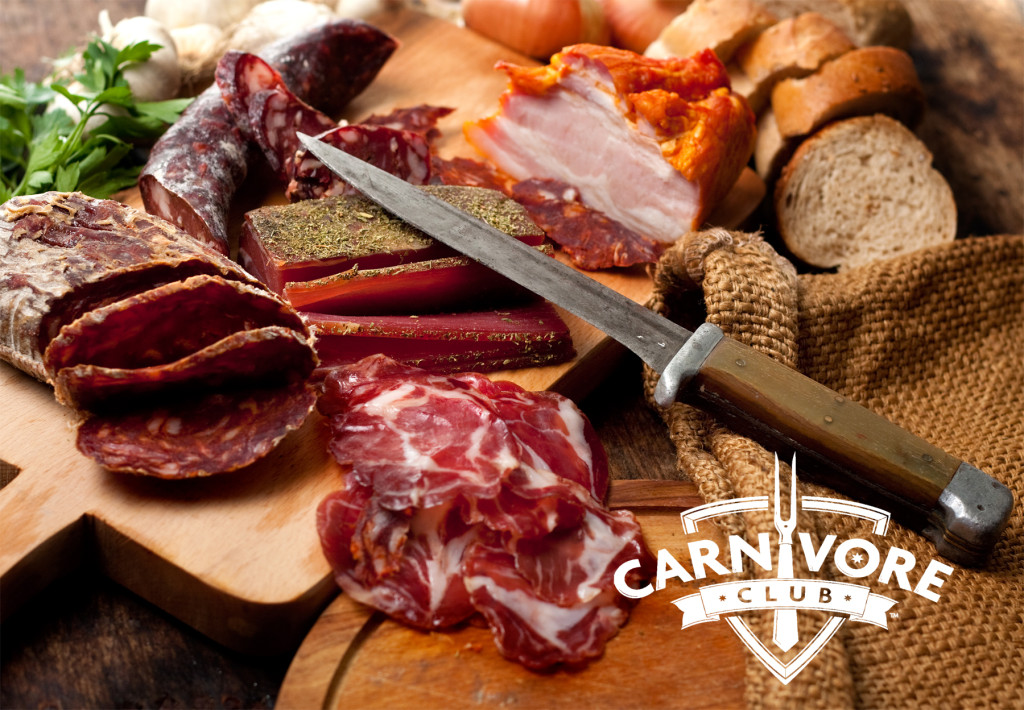| Translation by Mariángel Villalobos. You can follow her on Twitter @mvillabe. The original English version of this essay can be found by clicking here. |
Por Corey Lee Wrenn
Un lector, Alexander Lawrie me envió esta historia y pensé que sería un ejemplo excelente de la supremacía masculina y la vigilancia de género como una barrera en contra del avance de los intereses de las mujeres y otros animales. Un periódico Escocés reportó que los empleados de un restaurante se burlaron de una mujer la cual solicitó que un artículo del menú se hiciera vegano. Su recibo leía: “Vegan Vegan Vegan Pussy”. El restaurante añadió sal a la herida cuando se burlaron de la mujer en su página de Facebook.
¡Pero no termina ahí! El periódico que cubría la historia encontró la página de Facebook de la mujer e imprimió su foto de perfil junto con su nombre completo y lugar de empleo. El acoso adicional que siguió fue lo suficientemente severo para que el periódico moderara los comentarios y eliminara su foto.
Todo el incidente apesta a misoginia. Si la víctima hubiese sido hombre, esperaría que la reacción hubiese sido similar, aunque probablemente con la adición de la homofobia. Bajo el patriarcado, el dominio sobre otros y del consumo de la carne es altamente masculinizado. El veganismo ha sido feminizado no solo porque es más común que los veganos sean mujeres, sino también porque el veganismo representa los intereses de quienes son subyugados a la opresión masculina. El veganismo lucha contra el patriarcado.
No deberíamos de estar sorprendidos de que una compañía que saca provecho de la explotación de los Animales No Humanos use un insulto especista y sexista para desestimar a la mujer, ni deberíamos estar sorprendidos de que los medios de comunicación (que por lo general existen para proteger y reproducir los intereses de la élite) solo hagan las cosas peores. ¿Pero por qué la mesera actuó de esta manera?
En “Female Chauvinist Pigs: Women in the Rise of Raunch Culture” (Disculpen el título especista), Ariel Levy explica que la popularidad del “post-feminismo” en realidad representa una co-optación de una ideología céntrica en la mujer anti-opresión patriarcal. Las mujeres son puestas a competir entre ellas al rivalizar por la aprobación del hombre. En un mundo donde la masculinidad es igualada con prestigio y poder, es común que las mujeres abandonen su feminidad y recurran a la masculinidad. Denis Kandiyoti (1998) le llama a esto negociación patriarcal. Para hacer frente a un mundo que es hostil hacia todo lo femenino, la mesera estaba cuidando sus intereses al apoyar los valores masculinos y al condenar la cena vegana.
Por supuesto, esto significa que los hombres mismos están bajo una enorme presión de conformarse a estos valores masculinos. Este comercial para el “Carnivore Club” (Club Carnívoro) busca reafirmar el control masculino, la inteligencia masculina, y la superioridad masculina de cara a los valores femeninos invasores.
Este comercial juega con muchos estereotipos del veganismo: Es para mujeres; es castrante, sin sabor, y fastidiosamente saludable. El unirse al Club Carnívoro promete a los hombres proteger su dominio, su control sobre la naturaleza y hasta su virilidad (aunque consumir productos de Animales no Humanos es vinculado a una letanía de enfermedades que amenazan a la vida, incluyendo problemas cardiovasculares y diabetes, que son unas de las causas principales de la disfunción eréctil).
Formular este producto como un “club” es intencional. Los anunciantes esperan usar la masculinidad como un espacio exclusivo para miembros, que están al día. Como los CEOs de Fortune 500, los cuerpos legislativos, los ejecutivos de los medios de comunicación, y otros espacios exclusivos de chicos y su privilegio masculino, el “Carnivore Club” invita a los hombres a que se unan al rango de la élite masculina en su dominio sobre los vulnerables. Verdaderamente, uno no puede siquiera tener acceso a su sitio web sin iniciar sesión como un miembro. Nota también el cuento de la “esposa boba y despistada” tan común utilizado en comerciales, programas y filmes. Las mujeres son demasiado incompetentes para darse cuenta de lo que hacen sus compañeros masculinos de mentalidad superior.
Esto es una masculinidad tóxica. No solo los hombres son motivados a dar rienda suelta a comportamientos nutricionales que les causa enfermedad y muerte, pero las mujeres son también motivadas a que rechacen el veganismo al planear su supervivencia en un patriarcado anti-feminista. Y no nos olvidemos, los más grandes perdedores son los Animales No Humanos cuya opresión es vista como natural y sus defensores son burlados, acosados y silenciados.
 Ms. Wrenn is the founder of Vegan Feminist Network and also operates The Academic Abolitionist Vegan. She is a Lecturer of Sociology with Monmouth University, a part-time Instructor of Sociology and Ph.D. candidate with Colorado State University, council member with the Animals & Society Section of the American Sociological Association, and an advisory board member with the International Network for Social Studies on Vegetarianism and Veganism with the University of Vienna. In 2015, she was awarded Exemplary Diversity Scholar by the University of Michigan’s National Center for Institutional Diversity. She is the author of A Rational Approach to Animal Rights: Extensions in Abolitionist Theory (2015, Palgrave Macmillan).
Ms. Wrenn is the founder of Vegan Feminist Network and also operates The Academic Abolitionist Vegan. She is a Lecturer of Sociology with Monmouth University, a part-time Instructor of Sociology and Ph.D. candidate with Colorado State University, council member with the Animals & Society Section of the American Sociological Association, and an advisory board member with the International Network for Social Studies on Vegetarianism and Veganism with the University of Vienna. In 2015, she was awarded Exemplary Diversity Scholar by the University of Michigan’s National Center for Institutional Diversity. She is the author of A Rational Approach to Animal Rights: Extensions in Abolitionist Theory (2015, Palgrave Macmillan).

